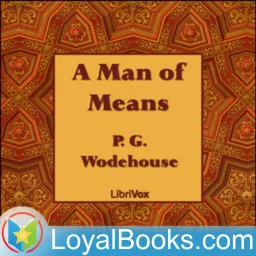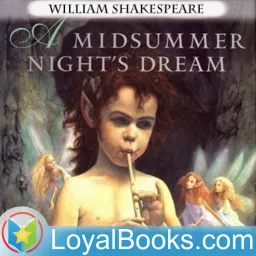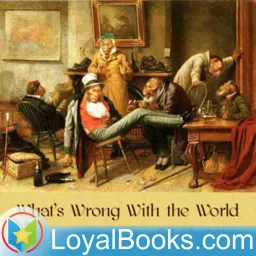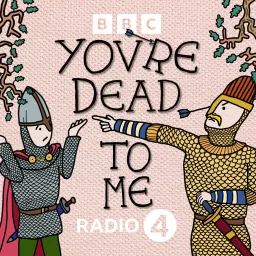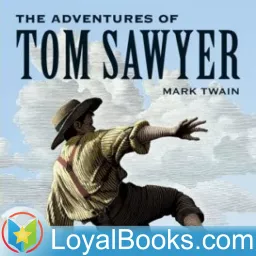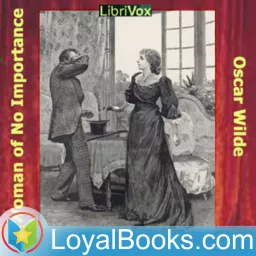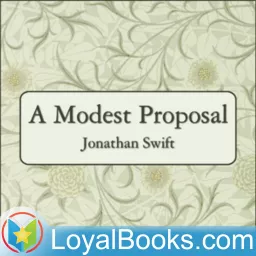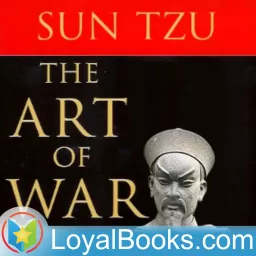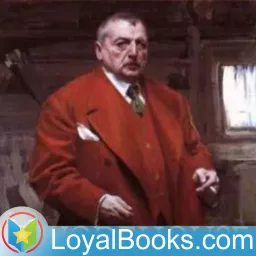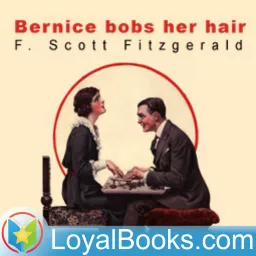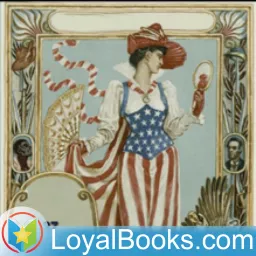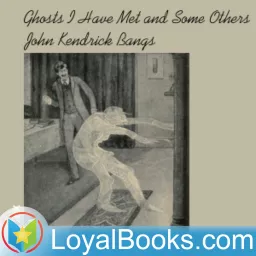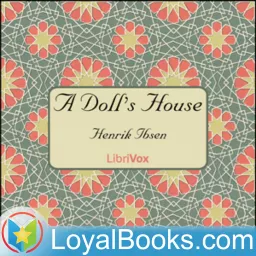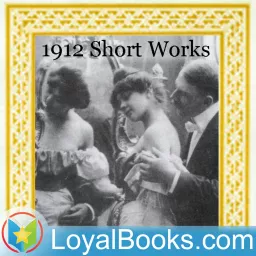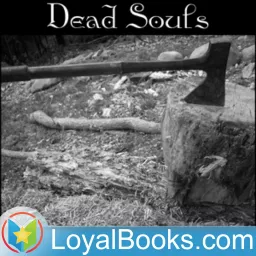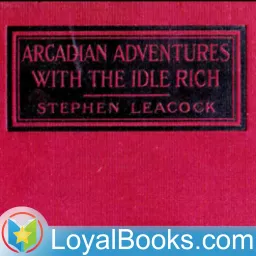2 B R 0 2 B by Kurt Vonnegut

In this chilling short-story by a master of the craft, Kurt Vonnegut creates a fictional world of the future where life and death are no longer matters of individual choice or destiny. The title refers to the famous quote from Hamlet, “To be or not to be....” with “0” being pronounced as “naught.” It also refers to the eternal dilemma of life and death that face every human being at some point in their lives. Written in 1962 it is set in some unspecified time in the future, when earth has become a Utopia. The population is under control, there is no poverty, suffering or even natural death. Man has conquered all. It's common for humans to live for two centuries or more. Death happens only when someone requests it. 2BR02B in the story is the telephone number that volunteers must call when they are ready for assisted suicide. It belongs to the Federal Bureau of Termination which decides that for every child born, one person must volunteer to die. However, all is not perfect in this paradise – human beings still retain a spark of humanity and yearn for freedom. When the story opens, Edward Wehling, a youngish father-to-be is waiting for his wife to give birth. What follows is both spine-chilling and eerie. It makes you introspect about the future of humankind, whether the earth can sustain itself at the pace at which population is growing and about the ethics of concepts like assisted suicide. The reader pauses to wonder whether greater common good can replace love and the individual. 2BR02B has memorable characters like the nameless two-hundred-year-old painter, the genial Dr Hitz who created the first population control gas-chamber and Leora Duncan a gas-chamber hostess. Apart from these, the story explores Vonnegut's favorite anti-establishment ideas, where the government is seen as the enemy of personal freedom. Art in the future, according to Vonnegut, will become dull, commercialized and prescribed by the state. Creativity and individual expression will die out along with other freedoms. Technology and scientific advancements will render simple human concepts of compassion and love redundant. Though the story is a trifle dated (it refers to the year 2000 as the year in which population control systems were first imposed, and the earth had run out of food and water) it is an interesting one that appeals to readers of all ages.
